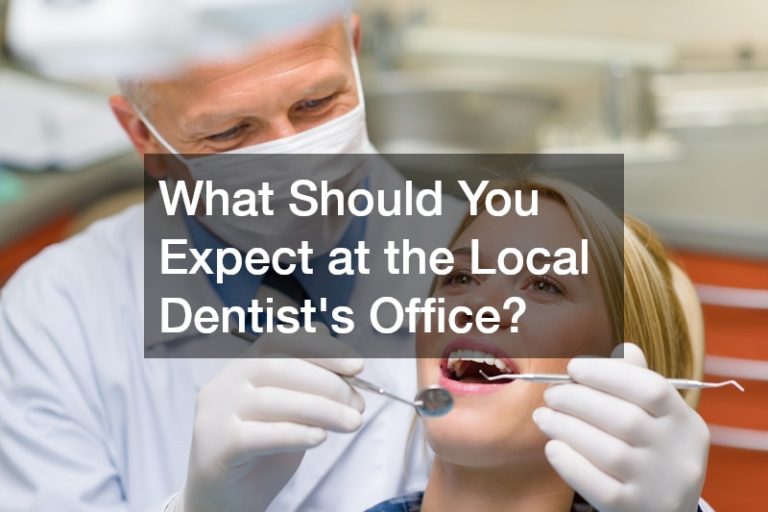
Opening a dental practice is a dream for many people. Not only is the mean hourly salary for dentists approximately $83.71, but having the opportunity to help countless Americans through superior dental care proves to be a highly fulfilling endeavor. Achieving this goal can also allow you to provide dental opportunities for others within your industry after establishing your practice and can ensure that you create some kind of legacy — and comfortable living situation — for yourself.
However, that doesn’t mean you’ll want to run your practice forever. At a certain point, you may decide you’d like to spend more time with your family, help your community in different ways, or retire from practicing dentistry altogether. Those kinds of life decisions may require you to sell your practice. In many cases, this can be the best financial option. That said, you may not know how to go about transitioning your practice to new ownership — or even what the possible transitional scenarios are. In this post, we’ll highlight just a few of the potential options for dental practice transitions. Armed with this information, you’ll be able to determine which transition will allow you to achieve your goals.
Buy-Outs
When a dental practice transition occurs through a buy-out, a purchaser pays a specific price for your practice. This is essentially one of the most straightforward ways to transition your practice to new ownership, as it’s structured like many other types of business or property sales. Typically, this type of transition comes with a shorter timeframe, which can be appealing to practice owners who don’t want to spend a lot of precious resources. However, practice owners may agree to stay on for a period of time to help make the transition easier (for both the new owners and existing patients). In many cases, those staff members who currently fill dental positions will stay on under the new management.
Buy-Ins
Instead of purchasing an entire practice (like outlined above), a purchaser who’s partaking in a buy-in will agree to purchase a strictly defined portion of a dental practice. In some cases, the buyer may be someone who’s interested in exploring dental associate careers but who doesn’t have the resources to start an entirely new practice on their own. These buy-ins can happen gradually, which can give both the owner and the new associate time to determine whether they’ll be compatible. Owners and those in dental associate positions will have the opportunity to divide ownership power when drafting the transition agreement.
Mergers
You’re probably familiar with the concept of a merger as it applies to other businesses — and the concept remains the same when you’re talking about dental practices. This type of transition actually combines two different dental practices into one entity, allowing for equal partnership. While this isn’t necessarily the right option for someone who’s looking to retire, it can allow you to equally divide up responsibilities (which can potentially provide a better work-life balance).
Associateships
Another way to transition your practice utilizing individuals pursuing dental associate careers is via an associateship. In this scenario, a dental practice owner maintains full control over the practice, while an associate is brought in as an employee. This option is ideal for those looking to cut down on their office hours, though it may not be the right choice if you want to completely retire from practicing dentistry. If this option is one you want to pursue, make sure that all parties are in agreement on the terms beforehand. You may also want to work with dental hiring agencies in your area to ensure you have access to the most qualified candidates.
As you can see, you have multiple choices when transitioning your dental practice. Whether you decide to completely give up ownership or you want to retain your position while obtaining better balance in your life, there are options at your disposal. Often, these options are possible thanks to those who pursue dental associate careers — and those companies that specialize in dental associate placement. If you’re trying to attract potential buyers for your practice or you want to learn more about opportunities like these for those in dental associate careers, we’re here to help. Contact us today to get started.


